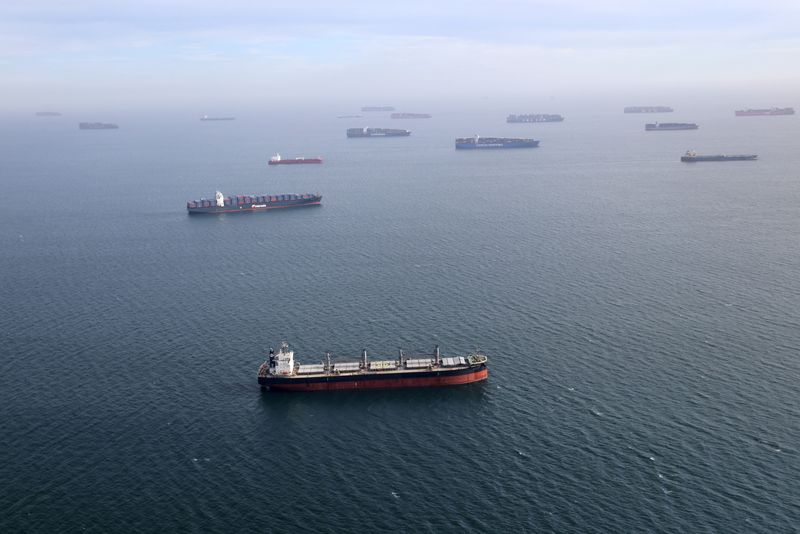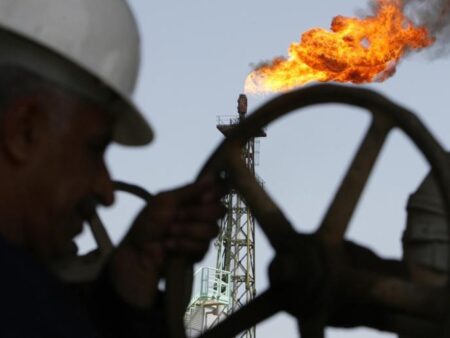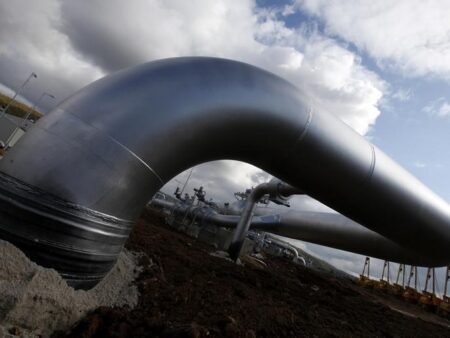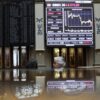By Shariq Khan
NEW YORK (Reuters) – Last month’s CrowdStrike (NASDAQ:) IT outage that grounded scores of flights created new problems for California’s fuel market, forcing U.S. traders to store jet fuel destined for the state on waterborne tankers, storage broker The Tank Tiger told Reuters this week.
The outage exacerbated existing constraints on petroleum storage in California, where policies aimed at ending fossil fuel usage have made it harder to setup new oil and gas infrastructure.
“When it comes to petroleum products storage in California, there has been no room at the inn for several years,” Ernie Barsamian, founder of U.S. terminal storage clearinghouse, The Tank Tiger said on Wednesday.
But California’s location on the U.S. West Coast makes it a major petroleum trading hub, keeping demand high. That opens the region to outsized fuel price shocks during periods of disruptions, such as the IT outage or refinery snags.
“Despite prevailing demand, permitting for new storage tanks (in California) is a cumbersome process,” Barsamian said. As a result, storage costs in California are twice as high as trading hubs in New York Harbor or Houston, he said.
California’s Certified Unified Program Agency, responsible for implementing the state’s Aboveground Petroleum Storage Act Program, did not immediately respond to a request for comment.
When flights were grounded in July, the unconsumed jet fuel could not find a home in California, and had to be re-positioned to waterborne locations off the coasts of Houston and New Orleans, Barsamian said.
Traders use ships as storage only as a last-resort when land storage is full or unavailable, as keeping the vessels in use longer delays their journeys, tightening the market and increasing costs.
Jet fuel inventories in onshore tanks dotting the U.S. West Coast shot up to over 12 million barrels in the week ended July 26, a record high. The CrowdStrike outage began on July 19.
Strong demand for the product has led to West Coast imports increasing significantly this year, analysts at ship-tracking service Kpler said. That has kept inventories higher than normal this year.

West Coast imports from within the U.S. and outside have averaged about 135,000 barrels a day this year, about 25,000 bpd higher than last year, Kpler data showed.
West Coast jet fuel stocks stood at 11.8 million barrels last week, nearly 28% higher than last year.

















